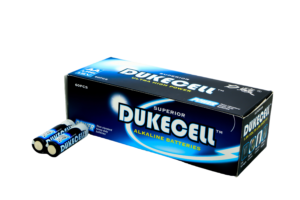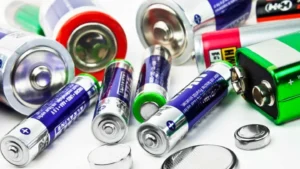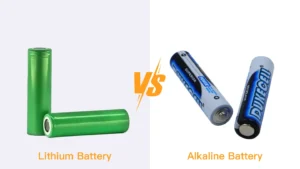Americans purchase over 3 billion batteries each year—but according to the EPA (2023), up to 20% are discarded early due to improper battery storage, resulting in over $400 million in losses annually.
Lithium ion batteries, in particular, are vulnerable to poor climate controlled storage. A cell stored at 40°C (104°F) can lose 35% capacity in 12 months, while storage in a cool and dry environment like 0°C (32°F) reduces loss to just 2–3%. Humidity and contact with a metal object can also cause corrosion or short circuiting, especially in alkaline and rechargeable batteries.
Beyond performance loss, unsafe battery storage tips can lead to hazards like swelling or leaks. Agencies like the DOE and UL recommend following manufacturer recommendations and using a battery storage box when possible.
This guide will explain the best way to preserve batteries across common types of batteries, with practical advice for both home and industrial use.
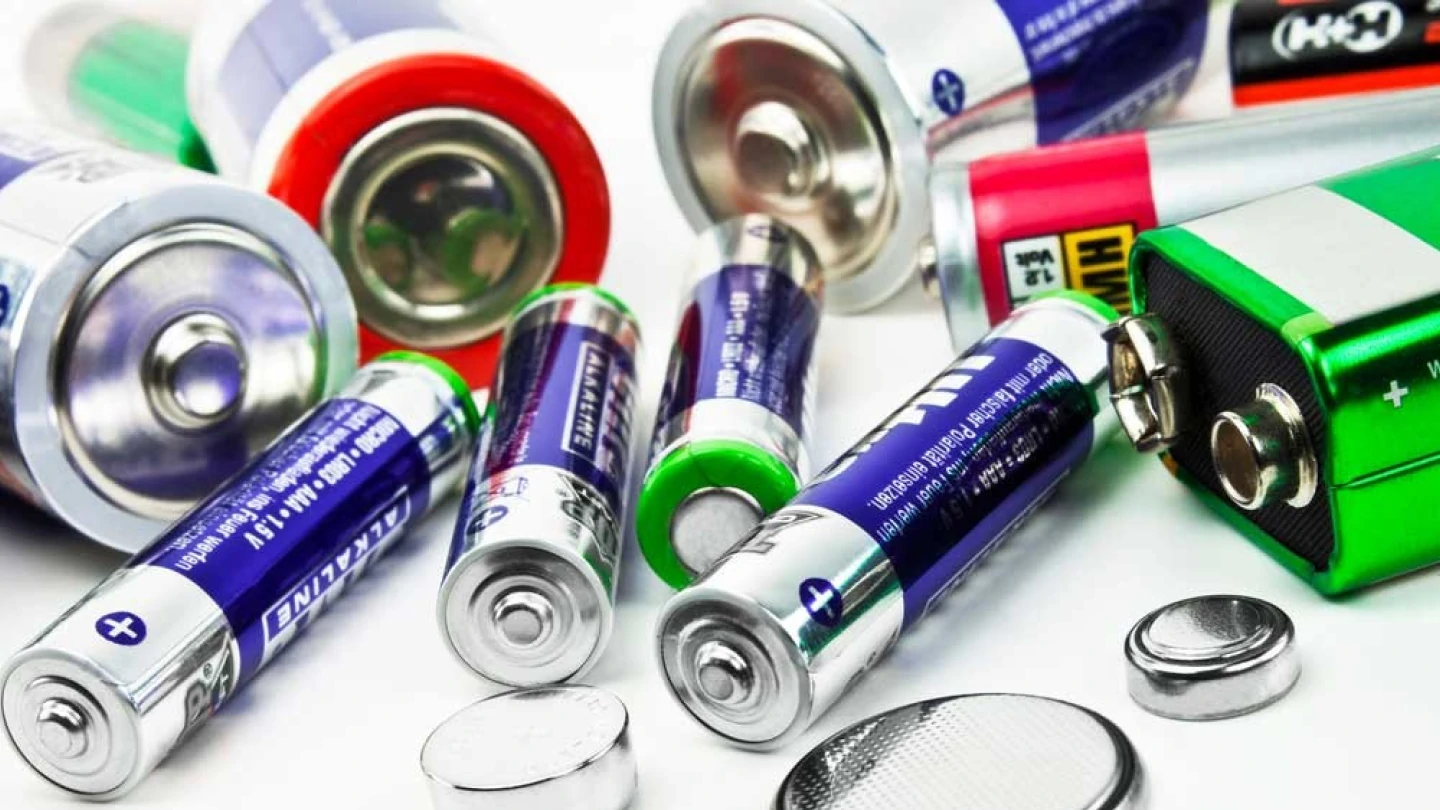
How Storage Conditions Affect Battery Performance
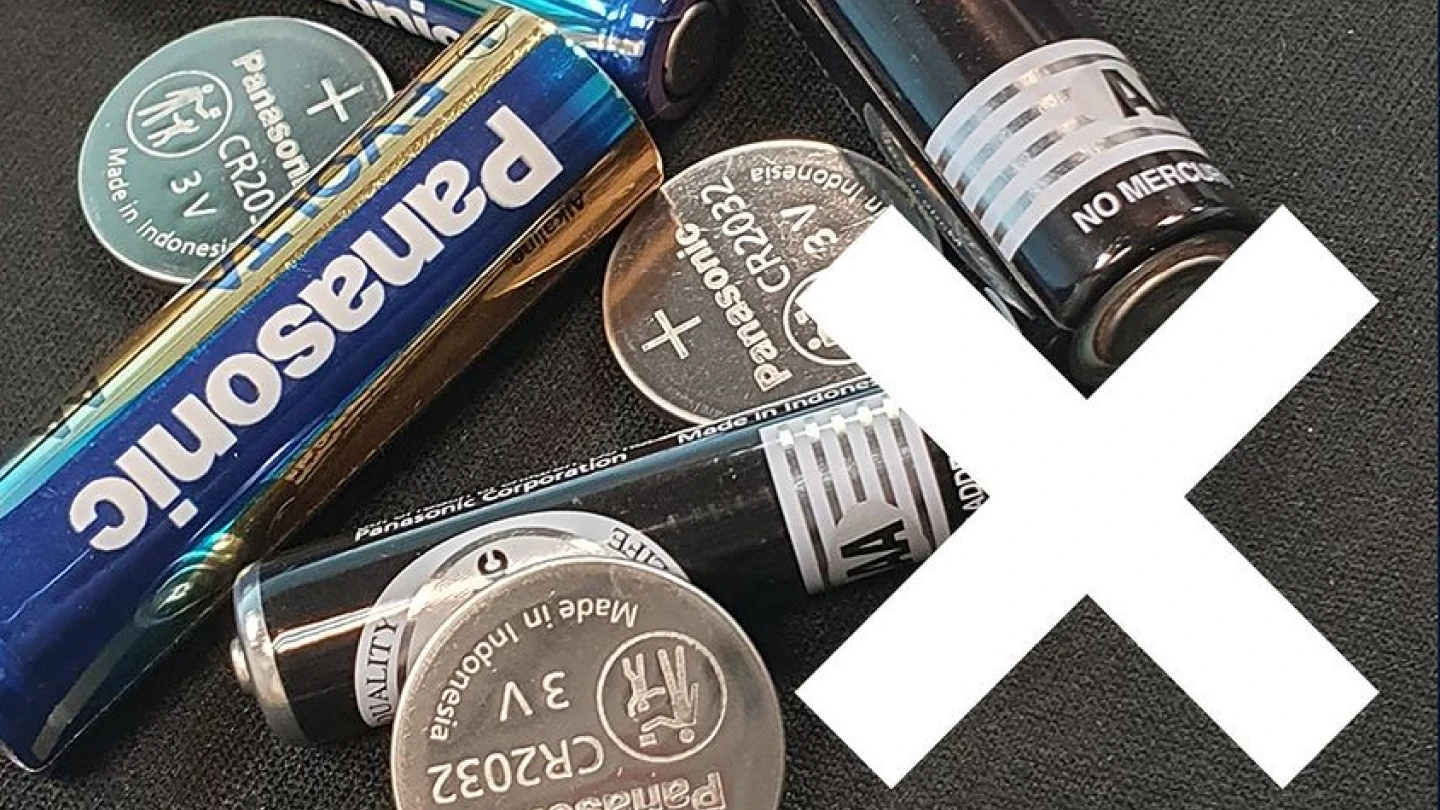
Environmental factors such as temperature, humidity, and contact with a metal object can severely impact battery function—including discharge rate, lifespan, capacity retention, and seal integrity. Improper battery storage tips often lead to chemical degradation, swelling, leakage, or even short circuiting.
For instance, lithium ion batteries stored above 35°C (95°F) may lose up to 20% of their capacity within six months, due to accelerated electrolyte breakdown and increased internal impedance (Battery University, 2023). In contrast, it’s recommended to store your batteries at room temperature in a cool and dry location—ideally between 59–68°F (15–20°C)—to help maintain stability and extend life.
High humidity levels (above 60%) or proximity to heat sources can cause corrosion, self-discharge, or failure—especially in rechargeable batteries like NiMH or sealed lead-acid types. Storing loose batteries near a metal object can also lead to short circuiting.
To minimize risk, use a battery storage box, or keep batteries in a plastic container or their original packaging. For long term or bulk storage, both consumers and businesses should follow manufacturer recommendations and comply with UL 2054 or DOE standards for climate controlled storage.
The Best Way to Preserve Batteries at Home
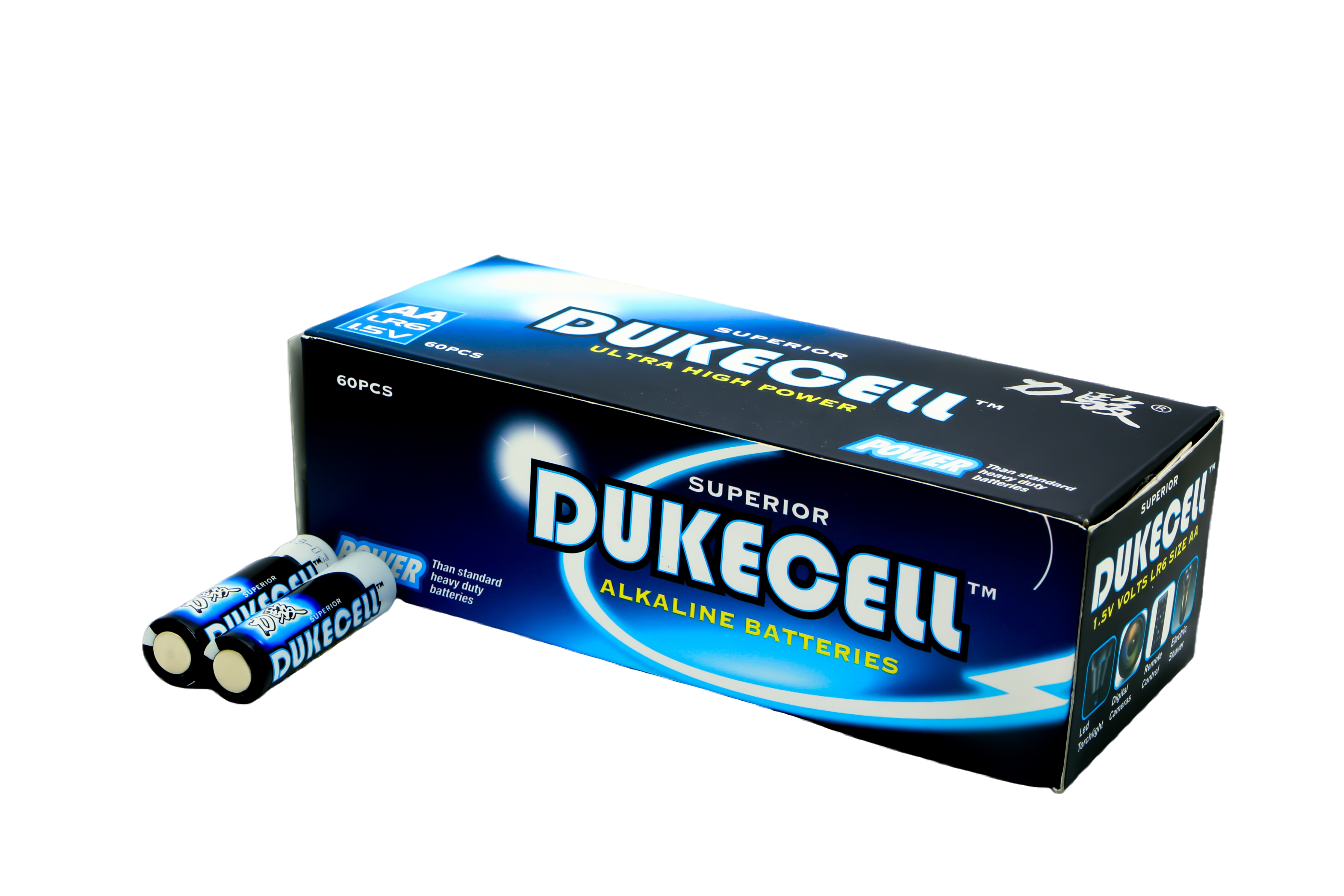
For everyday consumers, the best way to preserve batteries is to follow essential battery storage tips that improve safety and extend lifespan. Always store your batteries at room temperature, ideally in a cool and dry location such as a cabinet or drawer—well away from heat sources like ovens, radiators, or windows. Avoid storing them in garages or sheds that lack climate controlled storage, especially in areas with extreme seasonal temperatures.
Use a battery storage box, or keep batteries in a plastic organizer to prevent contact with a metal object, which could result in short circuiting. Never mix old and new cells, and avoid tossing loose batteries into drawers or bags with coins or keys.
When storing rechargeable batteries for the long term, keep them at a 40–60% charge rather than fully charged, as recommended by major manufacturers like Panasonic and LG Chem. This helps reduce chemical stress and slows capacity loss.
Following manufacturer recommendations and standards such as UL 2054 will help prevent damage, reduce leakage risk, and make household battery storage safer and more efficient.
Pro tip: When in doubt, keep your batteries cool, protected, and clearly labeled.
Correctly storing batteries is crucial for ensuring their lifespan and safe use. By following the guidelines outlined in this article, you can extend the life of your batteries and prevent battery leakage or danger. Remember to keep batteries in a cool, dry place, store them in their original packaging or designated containers, and avoid exposing them to extreme temperatures or humidity. By taking these simple precautions, you can ensure that your batteries are readily available when needed while also promoting safer and more sustainable use of these essential power sources.
